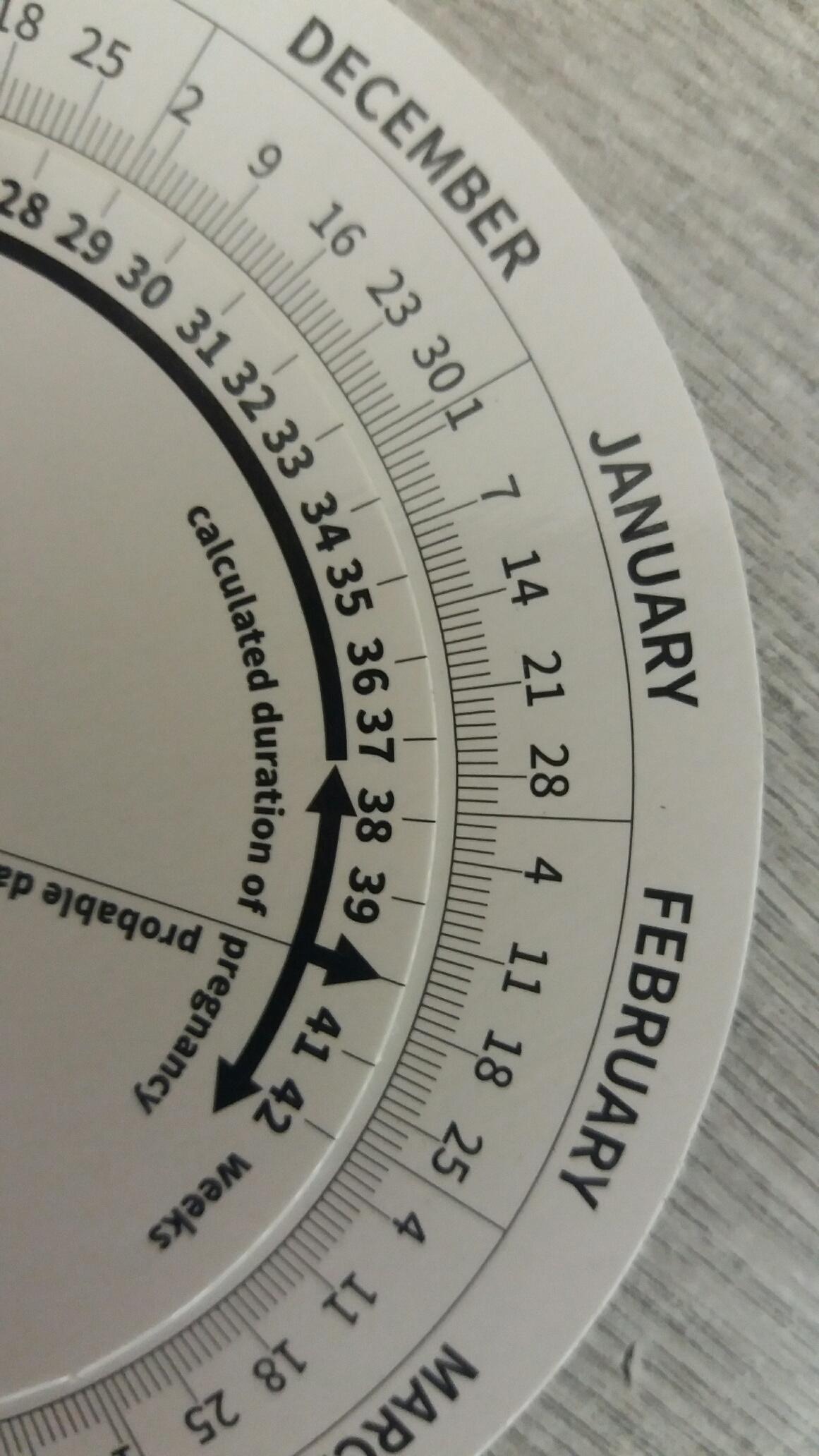

You can calculate your due date at home using a couple of different methods. It also gives your provider essential information they need to monitor your health and the developing fetus. It helps you plan and prepare for your baby’s arrival. Knowing your due date is important for several reasons. Very few babies are actually born on the day they were due. But keep in mind that your due date is only an estimate. By calculating your due date, you’ll have an idea of your baby’s birthday. We created our Healthy Pregnancy tool to try to take away some of this anxiety by giving you a personalised set of tips for your pregnancy.A due date calculator helps you estimate when your baby will be born. We know pregnancy can be an overwhelming time. This should happen before you are 10 weeks pregnant. You will be given a date for your first appointment with a midwife. Your GP will tell the midwifery team you are pregnant. For example, if you have a long-term condition, had complications in a previous pregnancy or experienced a late miscarriage or stillbirth. Speak to your GP if you can’t self-refer or if you think your pregnancy may be high-risk. Visit your local hospital’s website to find out more. If you don’t already have a midwife, you may be able to self-refer to your local maternity unit directly for your antenatal care.

You’ll also be able to find out whether you’re having more than 1 baby and how your baby is developing.īut if you're impatient to know when your baby will arrive, our due date calculator can give you an estimated due date now! What should I do next? This scan will check how many weeks pregnant you are and work out a more accurate due date. At that appointment, you will be offered an ultrasound scan – this is often called the dating scan. You will have your first appointment with the midwife, the 'booking appointment', by 10 weeks. Will I get a more accurate due date later in the pregnancy? Remember that only around 5% of babies are born on their due date so it’s just an estimation. If you have the baby on your due date, your baby has been growing for 38 weeks, not 40, but you are still classed as 40 weeks pregnant. Your period and ovulation are counted as the first 2 weeks of pregnancy. This is based on a 28-day cycle but is adjusted for longer or shorter cycles. It is worked out by adding 280 days (40 weeks) to the first day of your last menstrual period. The pregnancy calculator gives you an approximate due date. But bear in mind that an ultrasound will be the most accurate way of predicting your due date. If you were having irregular periods before you got pregnant, you can still use the pregnancy calculator. This weekly email gives you fun pregnancy facts, useful tips and great recipe ideas to help you and your baby have the healthiest possible pregnancy.Īre you in early pregnancy? Find out all you need to know about pregnancy from week 4 onwards. You will then receive your estimated due date and the option to sign-up to our pregnancy email. Your cycle length is the number of days between your periods, counting the first day of your period until the day before your next period starts. To find out your due date, you just need to select the date of the first day of your last period on our pregnancy calculator tool, adjust your average cycle length and click 'submit’.


 0 kommentar(er)
0 kommentar(er)
